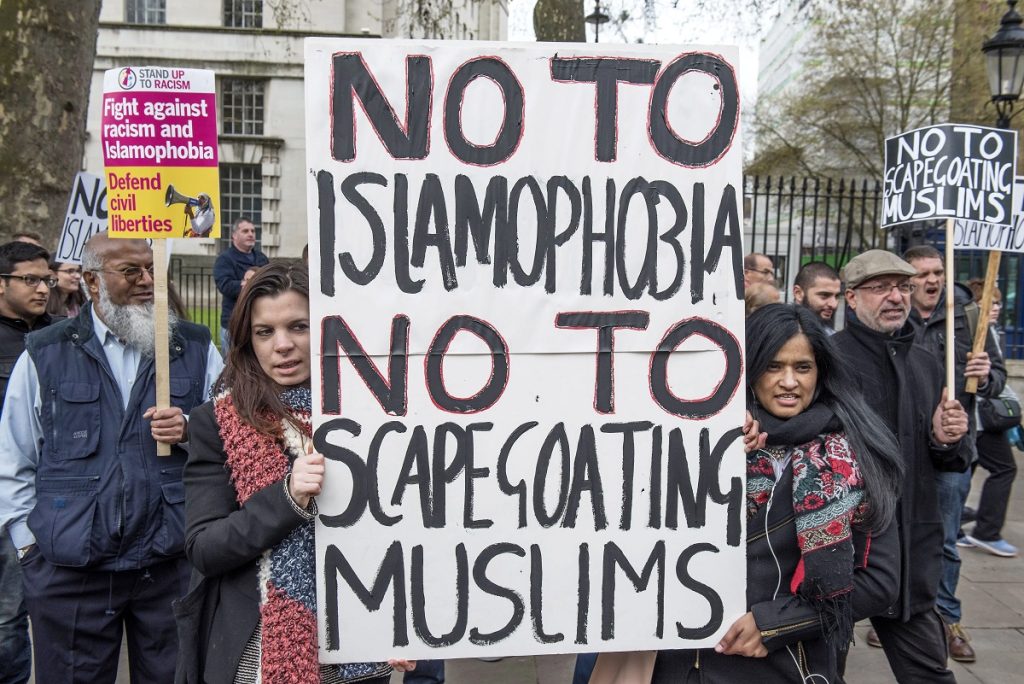The Center for Global Muslim Life: Shaping Muslim Identity, Culture & Leadership Worldwide
How a Future-Focused Cultural Incubator is Transforming Narratives, Wellness, Media, and Social Impact for Global Muslim Communities

The Center for Global Muslim Life (CGML) is an innovative, U.S.-based nonprofit acting as a cultural incubator, media production lab, research center, and social impact fund. Rooted in the Americas, CGML brings together artists, researchers, technologists, faith leaders, community organizers, and policymakers to reframe the global narrative surrounding Muslim communities—moving beyond stereotypical portrayals toward rich, diverse, and authentic stories.
Mission & Scope
CGML is committed to narrative change through avenues such as arts, education, media production, leadership training, and community ecosystem building. The aim is to highlight Muslims’ contributions—spiritual, creative, entrepreneurial—rather than reductive headlines and misconceptions.

Flagship Initiatives
-
Digital Media Production Studio: CGML runs its own content pipeline—from articles and podcasts to short films and print publications—empowering a new generation of Muslim storytellers.
-
Global Prayer Rugs Project: An artistic initiative weaving together stories of global Muslim identities—literally and metaphorically—through culturally rich creative expression.
-
Global Muslim Film Festival & Global Eid Virtual Film Festival: Virtual film celebrations that amplify Muslim artistry and life across continents—inspiring unity, creativity, and storytelling beyond the screen.
-
Ummah Builders & Media Academy: Dedicated platforms for cultural creatives, social entrepreneurs, and educators—combining interviews, productions, and fellowships to train narrative leaders of tomorrow.
-
Muslim Wellness Initiatives: A holistic approach melding Islamic spirituality, community organizing, mental health, and narrative care—or “wellness”—to uphold belonging and resilience.
Research, Ecosystem & Global Vision
CGML’s research agenda interrogates the dominant media narrative—one that disproportionately centers conflict, terrorism, and Islamophobia. In contrast, CGML seeks to surface voices from Asia, Africa, Southeast Asia—contexts often underrepresented despite comprising the vast majority of the global Muslim population.
It also explores the upcoming urban transformation—where more than 70% of the global population will reside in cities, and Muslims are projected to grow from 2 billion to over 3 billion by 2070—making the Muslim identity central to future global discourse.

Impact & Collaboration
CGML operates not only as a media entity but also as a social impact fund, investing in projects that address pressing issues in education, health, justice, and environmental sustainability within Muslim communities worldwide.
Through convenings, research, and partnerships with cultural institutions and universities, CGML fosters transnational collaboration among creators, scholars, and community leaders.



